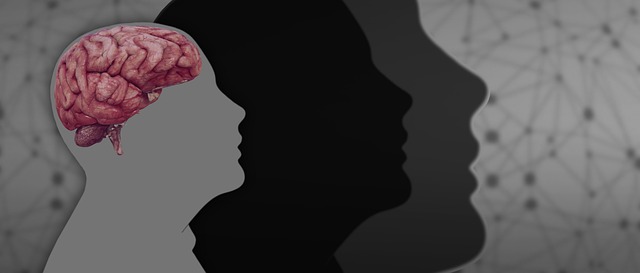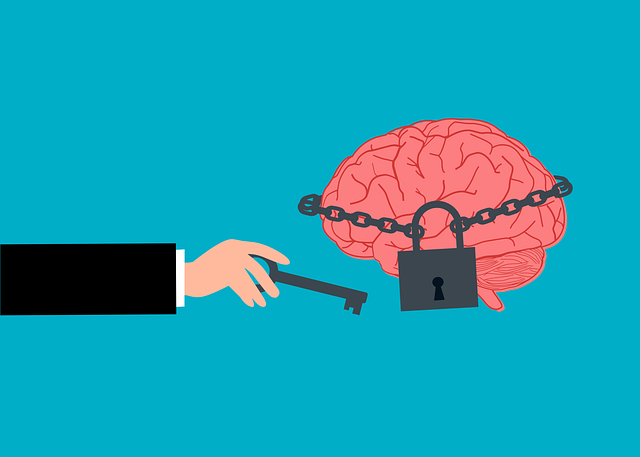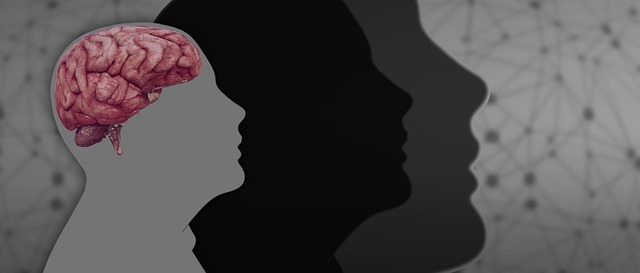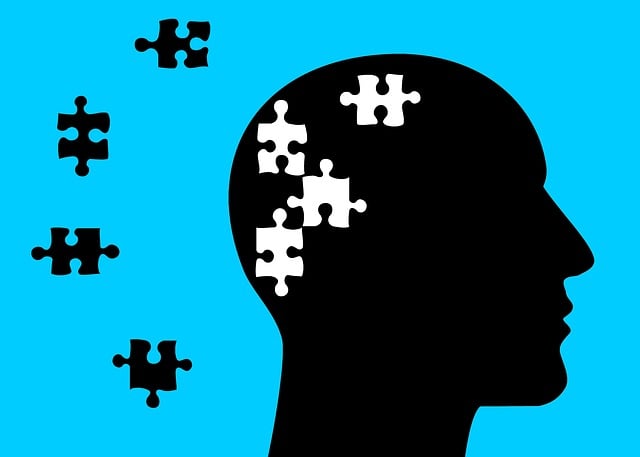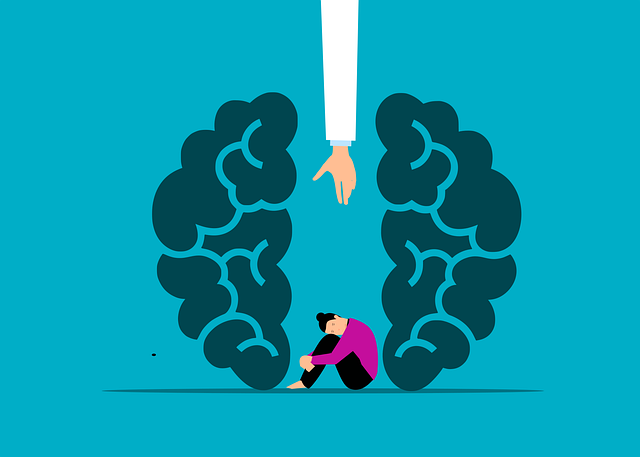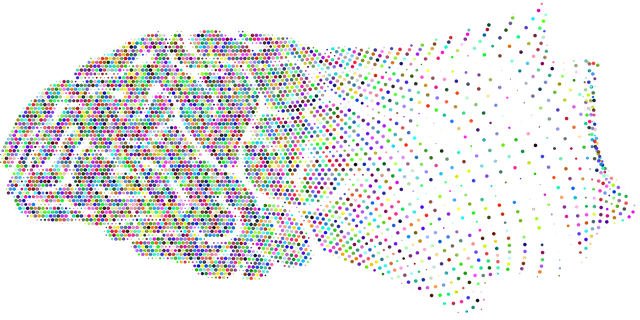The text highlights the negative impact of media stereotypes on mental health stigma. It introduces Boulder EMDR Therapy as a solution, emphasizing its mission to educate, raise awareness, and provide accessible resources through workshops and community programs. By challenging traditional narratives, this therapy technique promotes open conversations about mental illness, reframing public perception with compassion and understanding. Media is encouraged to collaborate with professionals like those at Boulder EMDR to share accurate stories, reduce stigma, and inspire positive changes in society's approach to mental health.
Mental illness representation in media has long been a contentious issue, fueled by prevalent stigma and stereotypes. This article delves into strategies for challenging these negative depictions, focusing on the power of therapeutic approaches like Boulder EMDR Therapy. We explore how this method combats stereotypes, promotes accurate portrayals, and fosters positive change through compelling storytelling. By understanding the impact of media and adopting effective strategies, we can work towards a more inclusive and empathetic narrative for those living with mental health challenges.
- Understanding Mental Illness Stigma in Media Representation
- The Role of Boulder EMDR Therapy in Challenging Stereotypes
- Effective Strategies for Promoting Accurate Portrayals
- Encouraging Positive Change through Thoughtful Storytelling
Understanding Mental Illness Stigma in Media Representation

Stigma surrounding mental illness is a pervasive issue that often finds its roots in media representation. The way mental health conditions are depicted in films, television shows, and other forms of media significantly influences public perception. Historically, media has contributed to the marginalization of individuals with mental illnesses by perpetuating stereotypes and misinformed narratives. This has led to a culture where mental illness is often met with fear, misunderstanding, or even ridicule.
Addressing this challenge requires a strategic approach, such as those offered by organizations focused on stress management workshops and community outreach programs. For example, initiatives like Boulder EMDR Therapy aim to combat stigma through education, raising awareness, and providing accessible resources for mental health support. By promoting understanding and fostering open conversations about mental illness, these efforts contribute to creating a more inclusive society where individuals can seek help without fear of judgment, fostering positive changes in media representation and public attitudes.
The Role of Boulder EMDR Therapy in Challenging Stereotypes

Boulder EMDR Therapy plays a pivotal role in challenging and dismantling stereotypes associated with mental illness. Through its innovative approach, this therapy aims to reframe public perception by presenting a more nuanced understanding of psychological struggles. By integrating Compassion Cultivation Practices, Boulder EMDR helps individuals cultivate empathy and kindness towards themselves and others, thereby reducing the stigma often attached to seeking help for mental health issues.
The therapy also equips clients with effective Mood Management and Conflict Resolution Techniques. These tools empower them to navigate their emotional landscapes more effectively, fostering a sense of control and self-compassion. As a result, individuals are better equipped to challenge internalized negative beliefs about themselves and their conditions, contributing significantly to the destigmatization process in society at large.
Effective Strategies for Promoting Accurate Portrayals

Media has a powerful influence on shaping societal perceptions, and accurate representation of mental health is paramount to fostering understanding and reducing stigma. To promote positive change, several effective strategies can be implemented. One key approach is encouraging collaboration with mental health professionals like those offering Boulder EMDR Therapy. This ensures stories are told from a perspective that combines clinical expertise with real-life experiences. By involving experts, media can provide nuanced portrayals of various conditions, challenging stereotypes and promoting empathy.
Additionally, focusing on recovery narratives and showcasing resilience can be transformative. Sharing stories of individuals who have overcome challenges, including through Crisis Intervention Guidance or Confidence Boosting techniques, can inspire hope. Encouraging positive thinking and self-care practices in media discussions normalizes these behaviors, providing viewers with tools to navigate their own mental health journeys. Such strategies not only entertain but also educate, contributing to a more informed and compassionate society.
Encouraging Positive Change through Thoughtful Storytelling

Media has a powerful influence on shaping societal perceptions, especially when it comes to sensitive topics like mental illness. By encouraging positive change through thoughtful storytelling, we can challenge stereotypes and foster mental health awareness. Representing mental illness in media with nuance and accuracy is a step towards normalizing conversations around this issue. Through compelling narratives, viewers can gain insights into the experiences of individuals struggling with various conditions, fostering empathy and understanding.
This shift towards responsible representation can inspire real-world actions, such as encouraging friends and families to seek Boulder EMDR Therapy or other effective treatment options. By integrating conflict resolution techniques and promoting open discussions on mood management, media can play a pivotal role in empowering individuals to take charge of their mental well-being. A responsible portrayal of mental health issues can lead to significant positive changes, ultimately contributing to a more supportive and informed society.
Mental illness representation in media has long been a contentious issue, perpetuated by often inaccurate and stigmatizing portrayals. However, through initiatives like Boulder EMDR Therapy and strategic storytelling, we can challenge these stereotypes and foster understanding. By adopting effective strategies that emphasize accurate, nuanced depictions, the media industry can contribute to reducing stigma and promoting mental health awareness, ultimately creating a more inclusive and empathetic society.
